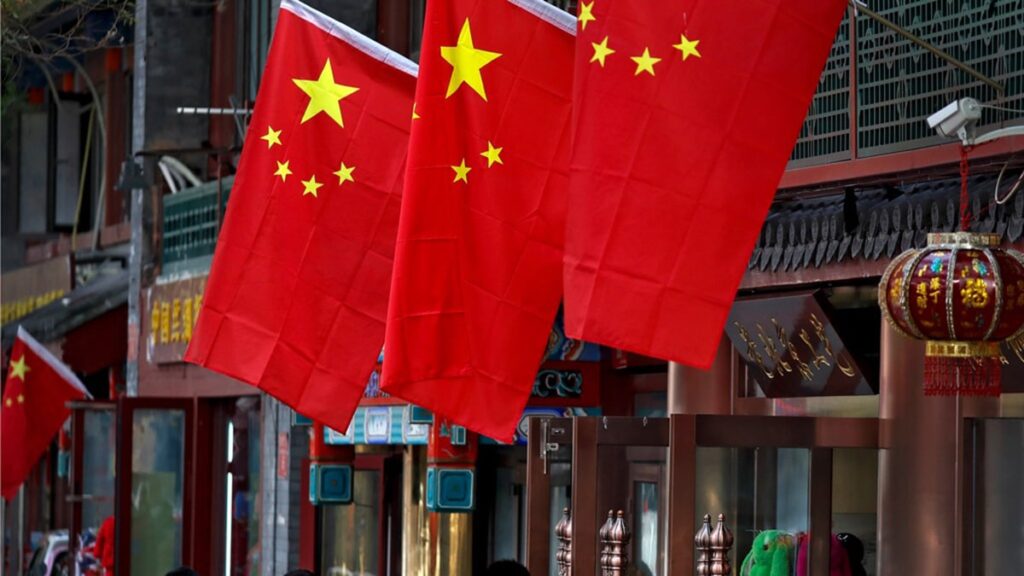image. AP
China's high-tech industry, once seen as a strong competitor to the United States, is now experiencing a slowdown similar to Japan's historic stagnation. Chinese companies, once praised for their advances in artificial intelligence (AI), now lag behind U.S. companies such as OpenAI in generative AI.
China's dependence on foreign AI chips is being challenged by tight supply lines from the United States. Domestic semiconductor manufacturers are also struggling to produce chips that can support AI training tasks, Nikkei Asia said, according to Nikkei Asia, managing director of TH Capital, “US-China technology war: China's technology history on future technology competition''. Quoting Nina Xiang, author of What the World Reveals: Say.
He said the market capitalization and revenue figures further demonstrate the widening gap between Chinese and US tech giants, with Chinese companies like Baidu now having a lower market value despite their historical dominance. He added that the company lags far behind U.S. companies such as OpenAI in terms of revenue.
As China faces declining momentum, more economists are questioning whether China's gross domestic product (GDP) will ever surpass that of the United States, Xiang said.
Additionally, declines in Chinese unicorn and venture capital funding indicate that the pool of technology companies that will define China's future is shrinking.
Chinese AI companies also have smaller operations compared to their U.S. counterparts. Baidu, China's leader in large-scale language models (LLM), has a market capitalization of USD 33.7 billion, and its AI-related revenue generated his USD 91 million in the fourth quarter of 2023. In comparison, OpenAI's valuation exceeds US$80 billion and recorded revenue of US$2 billion last year, Nikkei Asia reported.
This is an important point because advanced LLM training can cost hundreds of millions of dollars, and that cost can quickly reach multi-billion dollar levels. Training requires huge capital investments, which even China's biggest technology companies have been slow to make.
Xiang blamed China's technology stagnation on President Xi Jinping's policies, which have stifled private sector development and instilled fear among entrepreneurs. Regulatory crackdowns, combined with government-led efforts to prioritize innovation, have resulted in a market environment where government planning overrides market forces.
Xiang warns that while government intervention may bring short-term success, sustainable innovation can only thrive in a free and open market environment.
Ultimately, Xiang emphasizes that the impact of China's technology decline will fall directly on President Xi, who, due to a lack of candid feedback from his advisers, is unable to grasp the full severity of the situation. Nikkei Asia reported that there is a possibility that they do not understand.
Analysts have warned that unless China moves to a more market-driven approach, the decline in the tech sector could have far-reaching implications for the country's economic future.
With ANI input.
find us on youtube
subscribe


